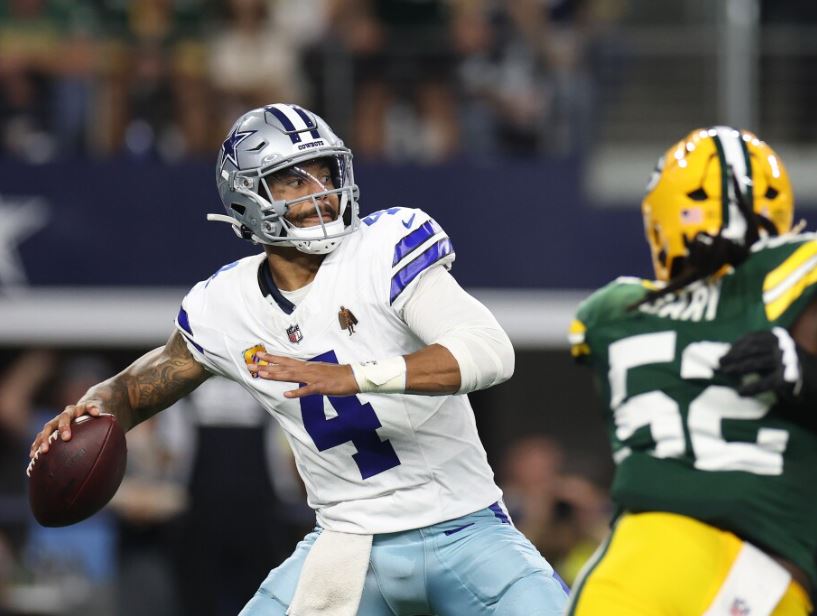What Happens to Your Bet When the Game Ends in a Tie?

The Sunday Night Football game between the Packers and Cowboys was an exciting one which saw both teams explode with offensive production in a seesaw battel of wills to win. The Packers chose to kick the FG with time running out in overtime to tie the game rather than risking a loss going for it all on 4th and long.
So, what happens to your best when a game the game ends in the rare tie score? Moneyline (straight-up) wagers are refunded because neither team actually won. This is essentially a “do over”. But for those folks who bet on the point spread, in this case Green Bay -6.5, the bet is still graded according to that spread. Using the game above as an example, the Cowboys +6.5 is graded as the winner whereas the Packers -6.5 is a loser. The final score when you view it through the eyes of the sportsbook becomes Green Bay 33.5 vs. Dallas’s 40.
In the modern NFL era—defined here as the period since the 2017 regular-season overtime rule change shortening the period to 10 minutes—ties remain extremely rare. There have been 8 regular-season tie games out of 2,176 total regular-season games played through Week 4 of the 2025 season.
Key Details on Ties Since 2017
|
Date
|
Teams (Away @ Home)
|
Score
|
|---|---|---|
|
September 9, 2018
|
Pittsburgh Steelers @ Cleveland Browns
|
21–21
|
|
September 16, 2018
|
Minnesota Vikings @ Green Bay Packers
|
29–29
|
|
September 8, 2019
|
Detroit Lions @ Arizona Cardinals
|
27–27
|
|
September 27, 2020
|
Cincinnati Bengals @ Philadelphia Eagles
|
23–23
|
|
November 14, 2021
|
Detroit Lions @ Pittsburgh Steelers
|
16–16
|
|
September 11, 2022
|
Indianapolis Colts @ Houston Texans
|
20–20
|
|
December 4, 2022
|
Washington Commanders @ New York Giants
|
20–20
|
|
September 28, 2025
|
Green Bay Packers @ Dallas Cowboys
|
40–40
|
For broader historical context, ties have occurred in less than 1% of all NFL games since overtime was introduced in 1974, with the 2017 rule tweak slightly increasing their frequency (to about 7% of overtime games ending tied, versus 4-5% previously).

















